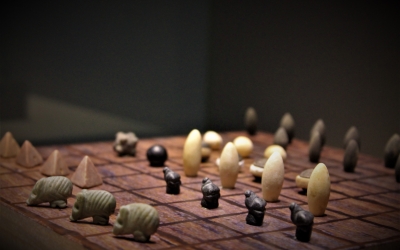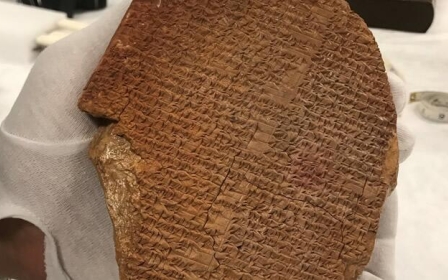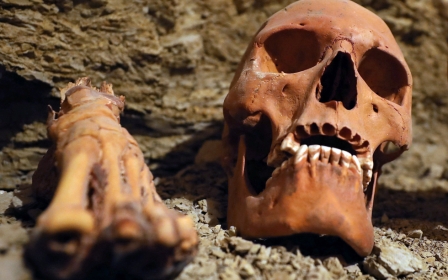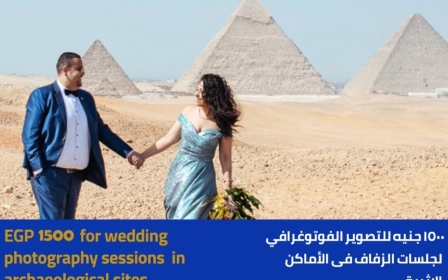Archaeologists find 4,000-year-old board game in Oman
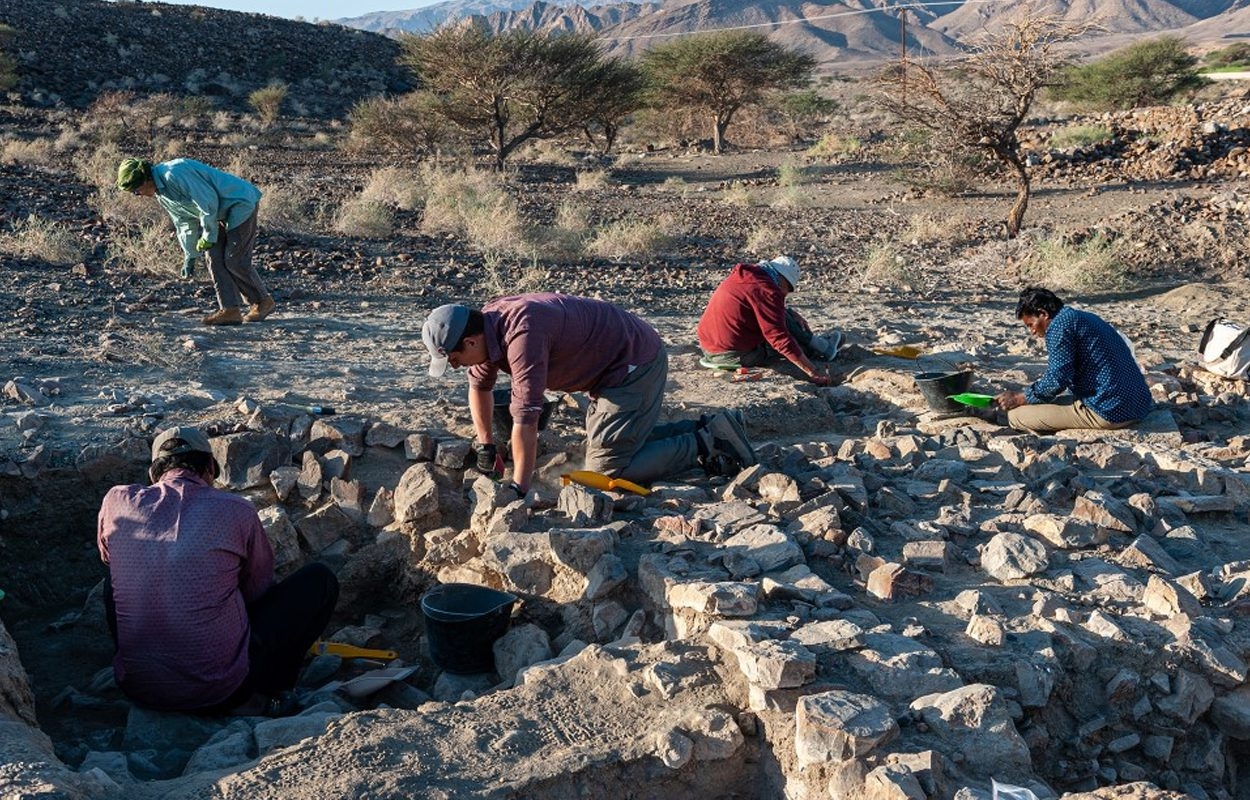
A team of Polish and Omani archaeologists have uncovered an ancient board game in Oman that dates back to around 4,000 years ago.
The game was discovered close to the village of Ayn Bani Saidah, amid excavations aimed at learning more about life in the region during the Bronze and Iron ages.
New MEE newsletter: Jerusalem Dispatch
Sign up to get the latest insights and analysis on Israel-Palestine, alongside Turkey Unpacked and other MEE newsletters
Made from stone, the board has marked fields and cup holes, showing a design similar to ones previously found in India, Mesopotamia and the eastern Mediterranean basin.
The relic was found in the Qumayrah Valley, a region associated with the copper trade and linked to the Magan civilisation mentioned in ancient Sumerian sources.
'Important place in prehistory'
Professor Piotr Bielinski, from the University of Warsaw, said that the discovery demonstrates the valley had an important role to play in the development of early human settlements in the region.
“The abundance of traces of settlement from different periods proves that this valley was an important place in prehistory, and perhaps also in the history of all of Oman,” he said.
Previous finds nearby include prehistoric campsites and burial sites.
Oman’s heritage ministry had joined forces with the University of Warsaw’s Polish Centre of Mediterranean Archaeology, in a project titled “The development of settlements in the mountains of northern Oman in the Bronze and Iron ages”.
The Omani-Polish team have told local media that they will continue working in the Qumayrah Valley, focusing on Ayn Bani Saidah and in Bilt, another site where ancient remains are located.
Middle East Eye delivers independent and unrivalled coverage and analysis of the Middle East, North Africa and beyond. To learn more about republishing this content and the associated fees, please fill out this form. More about MEE can be found here.


